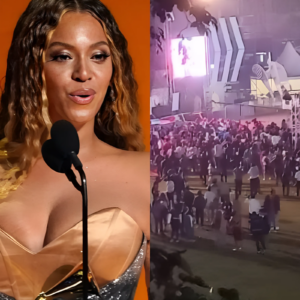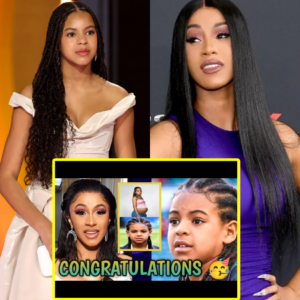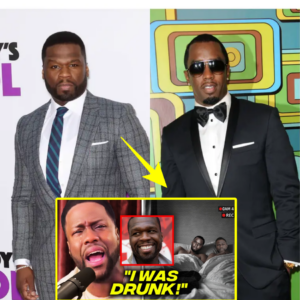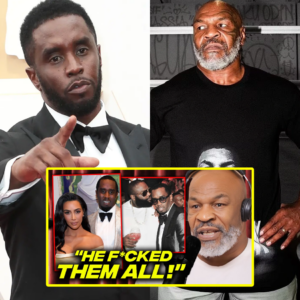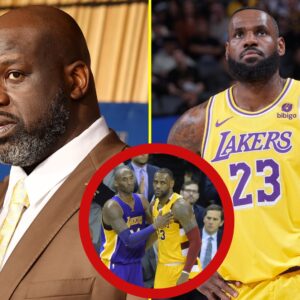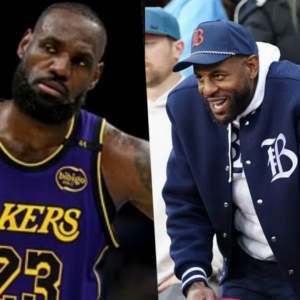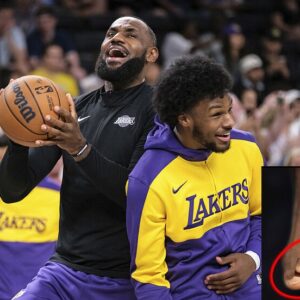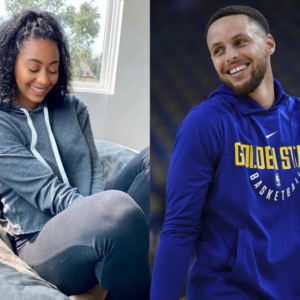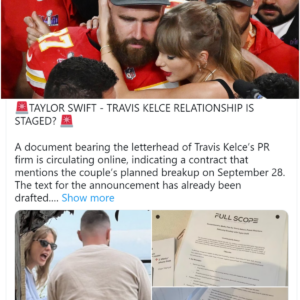The Impact of Oprah Winfrey’s Treatment of Tony Braxton: A Reflection on Financial Insecurities and Public Perception

Oprah Winfrey, a prominent figure in the entertainment industry, recently stirred up discussions surrounding her past treatment of singer Tony Braxton. The incident in question occurred during an interview where Oprah criticized Braxton for her financial choices, particularly her ownership of Gucci flatware. This resurfaced revelation has reignited debates about Oprah’s demeanor towards black entertainers and the implications of her actions.
In a recent interview, Oprah disclosed her long-standing financial insecurities, recalling how she hesitated to purchase luxury items early in her career. This admission sparked speculation that Oprah’s criticism of Braxton’s spending habits was influenced by her own financial anxieties rather than genuine concern. Braxton, who faced financial difficulties and bankruptcy, found herself publicly scrutinized and judged by Oprah during her appearance on the talk show.
Braxton’s interview with Oprah, characterized by judgmental remarks and condescending tone, left a lasting impact on her career and reputation. Braxton felt humiliated and demeaned by Oprah’s line of questioning, which insinuated irresponsibility and extravagance on her part. The interview exacerbated Braxton’s financial struggles and tarnished her image in the public eye.
Furthermore, allegations surfaced suggesting that Oprah deliberately humiliated Braxton on her show and informed her record label of the interview’s content, exacerbating Braxton’s already precarious situation. This revelation sheds light on the power dynamics at play and raises questions about Oprah’s intentions and motivations.
Braxton’s experience with Oprah reflects broader issues of systemic inequality and the treatment of black entertainers in the entertainment industry. Many have criticized Oprah for her perceived hypocrisy, particularly her selective advocacy and treatment of black individuals. Comparisons have been drawn between Oprah’s handling of Braxton and her approach to other high-profile cases, highlighting inconsistencies in her behavior.
Moreover, Braxton’s career suffered as a result of her appearance on Oprah’s show, with her financial decisions and personal struggles overshadowing her artistic talent. Despite Braxton’s efforts to address the root causes of her financial woes, she found herself unfairly vilified and judged by both Oprah and the public.
In light of these revelations, calls for Oprah to apologize to Braxton and acknowledge the harm caused by her actions have intensified. Braxton’s fans and supporters argue that Oprah’s treatment of her was unjust and contributed to further stigmatization of financial struggles within the black community.
Moving forward, it is imperative to address the systemic issues that underpin instances of discrimination and inequality within the entertainment industry. This includes holding individuals like Oprah accountable for their actions and advocating for greater empathy and understanding towards those facing financial hardships.
In conclusion, Oprah Winfrey’s treatment of Tony Braxton serves as a poignant reminder of the power dynamics at play in the entertainment industry and the lasting impact of public scrutiny on individuals’ lives. It is essential to foster a culture of empathy, compassion, and accountability to ensure that all individuals, regardless of their financial status, are treated with dignity and respect.
News
Diddy LEAKS Disturbing FOOTAGE Of Beyonce & Jay Z | New EVIDENCE Revealed
The unfolding drama involving Diddy, Jay-Z, and Beyoncé has captivated audiences worldwide. Allegations of scandalous tapes, federal raids, and personal vendettas have dominated headlines, leaving fans shocked…
Tiffany Haddish SHADES Jennifer Hudson For Stealing Common From Her
Tiffany Haddish is making it abundantly clear that she’s not thrilled about comments on new relationship with Jennifer Hudson. She threw some major shade at Jennifer, hinting…
Breaking: Beyoncé’s “Cowboy Carter” Tour Sees Lackluster Ticket Sales, “Only 1500 So Far”
In a surprising twist of fate, Beyoncé’s highly anticipated “Cowboy Carter” tour has encountered a lackluster start, with only 1500 tickets sold for its opening night. This…
“Blue ivy is pregnant” Cardi b Exposed truth about the pregnancy on live TV show says CONGRATS
Welcome to CB Gossip, your go-to source for all the juiciest entertainment news. Don’t forget to hit that subscribe button and ring the bell for more updates….
Kevin Hart FREAKS OUT As 50 Cent LEAKS New Video Of Him & Diddy..
Absolutely, let’s delve deeper into these issues. It seems like there’s a plethora of speculation and rumors surrounding celebrities and their connections to Diddy’s controversial activities. From…
Mike Tyson EXPOSES Members Of Diddy’s S3X CULT..
Unveiling Diddy’s Troubles: A Deep Dive into Allegations and Controversies In recent years, Sean “Diddy” Combs, the rap mogul and entrepreneur, has found himself embroiled in a…
End of content
No more pages to load


